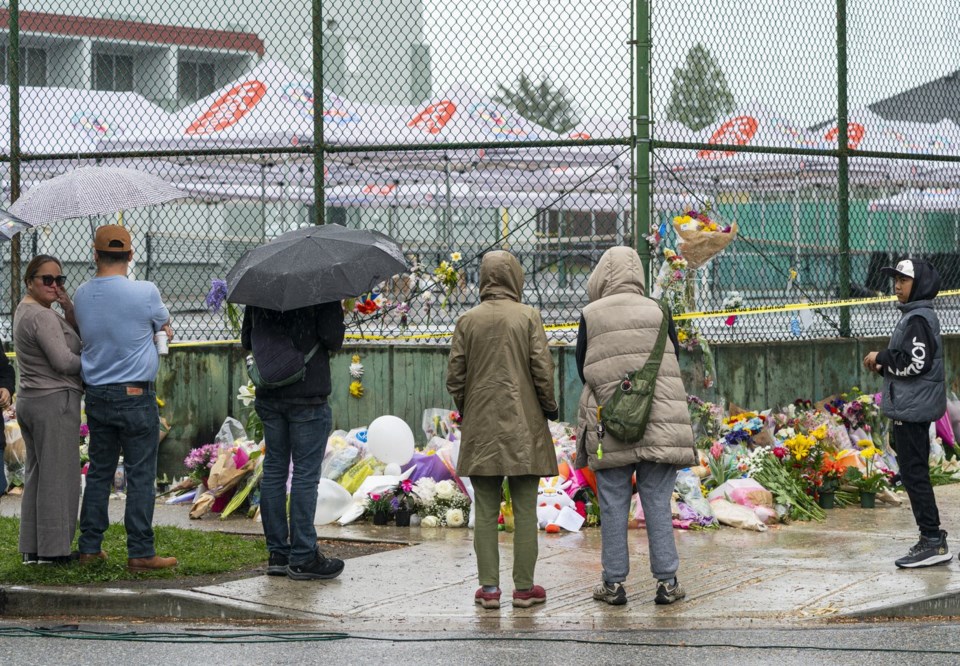“Gaps remain in the provision of psychological supports for people affected by rare diseases In Ireland,” researchers conclude Improved access to psychological supports is ‘urgently required’ to address the mental health needs of people in Ireland who are diagnosed with a rare disease, new research has found. In an online survey of 142 people (87 adults and 55 children) living with a rare disease, more than one-in-five (22.9 per cent) were diagnosed with a mental health disorder as a result of their illness.
Of these, 65.8 per cent said that they were prescribed medication for the disorder and 47.4 per cent were offered psychological supports.

Around four-in-five adults (81.5 per cent) with both a rare disease and mental health disorder were prescribed medication, compared to just over one-in-four (27.3 per cent) children with these issues.
More than half of all respondents (51.4 per cent) accessed psychological supports, with such services found to be needed most among adults and children after they were diagnosed with a rare disease. Counselling services was the most common type of psychological support accessed by adult individuals (43.
5 per cent), while children were most likely to access psychological supports. The research was led by Darragh Nerney of the National Rare Diseases Office, and published in the Irish Journal of Medical Science. “People living with rare diseases reported a need for psychological supports at all stages of their patient journey,” the researchers noted.
“Participants indicated that a rare disease has an impact on educational, social, and financial aspects of daily living. A lack of understanding of the rare disease by healthcare professionals, extended waiting times, and the financial burden of accessing supports were key themes identified by participants.” More than two-in-five adults (42.
9 per cent) with a rare disease accessed psychological supports privately, while 57.1 per cent of children received psychological care through the public system. For those who accessed adult psychological supports, 61.
4 per cent found them to be helpful (‘agree’ and ‘strongly agree’). Almost one-third (31.4 per cent) of paediatric patients who accessed supports found them useful.
Just under half of patients surveyed waited less than three months to access psychological supports. However, a significant majority (77.1 per cent) relied on private or charitable supports.
For those who waited more than 12 months to access supports, 40.5 per cent accessed services publicly and 13.9 per cent used private services.
Over half (51.6 per cent) of children waited longer than 12 months to access psychological supports, with 38.7 per cent waiting over 18 months.
The researchers concluded: “Living with a rare disease is associated with an increased mental health burden. Psychological supports are needed at all stages of the patient journey. “Delays in diagnosis and treatment can negatively impact the lives of people living with rare diseases and their carers.
However, gaps remain in the provision of psychological supports for people affected by rare diseases In Ireland. “Integrated care which encompasses the physical and psychosocial demands of living with a rare disease is a key priority for the Irish rare disease community with improved access options urgently required.”.
Health

Improved access to mental health services ‘urgently required’ for people with rare diseases – study

“Gaps remain in the provision of psychological supports for people affected by rare diseases In Ireland,” researchers concludeThe post Improved access to mental health services ‘urgently required’ for people with rare diseases – study appeared first on Irish Medical Times.















